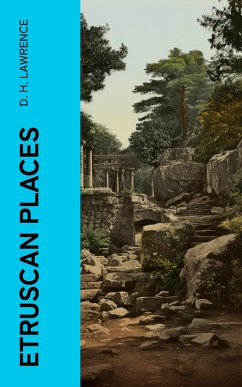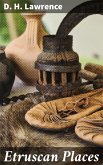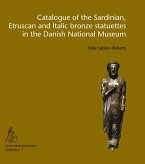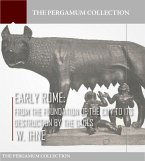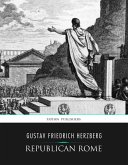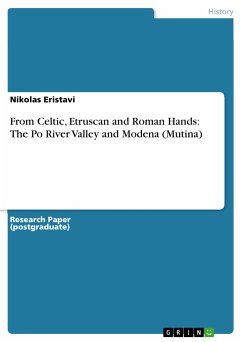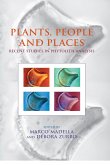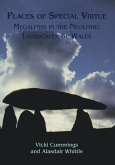"Etruscan Places" is a historical and anthropological guide into the world of the Etruscans people. The Etruscans, as everyone knows, were the people who occupied the middle of Italy in early Roman days and whom the Romans, in their usual neighbourly fashion, wiped out entirely in order to make room for Rome with a very big R. They couldn't have wiped them all out, there were too many of them. But they did wipe out the Etruscan existence as a nation and a people. However, this seems to be the inevitable result of expansion with a big E, which is the sole raison d'étre of people like the Romans. The main source of information we have today about the Etruscan way of life is the artifacts found in their tombs, which forms the focus for this book.
Dieser Download kann aus rechtlichen Gründen nur mit Rechnungsadresse in A, B, BG, CY, CZ, D, DK, EW, E, FIN, F, GR, H, IRL, I, LT, L, LR, M, NL, PL, P, R, S, SLO, SK ausgeliefert werden.

